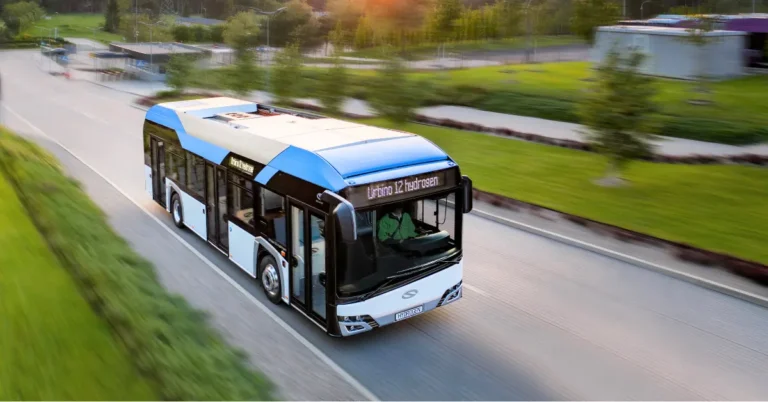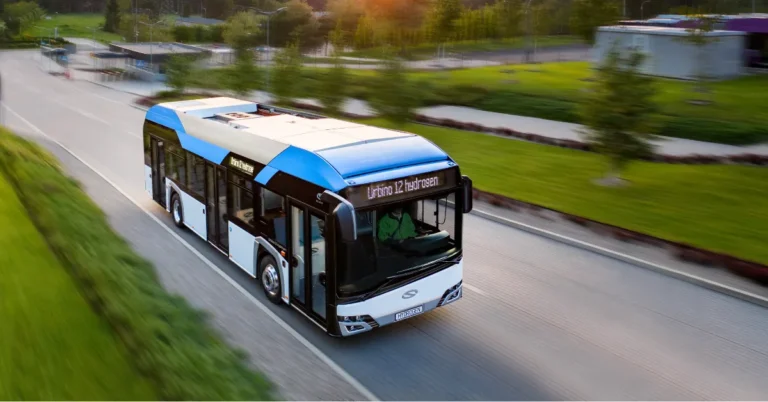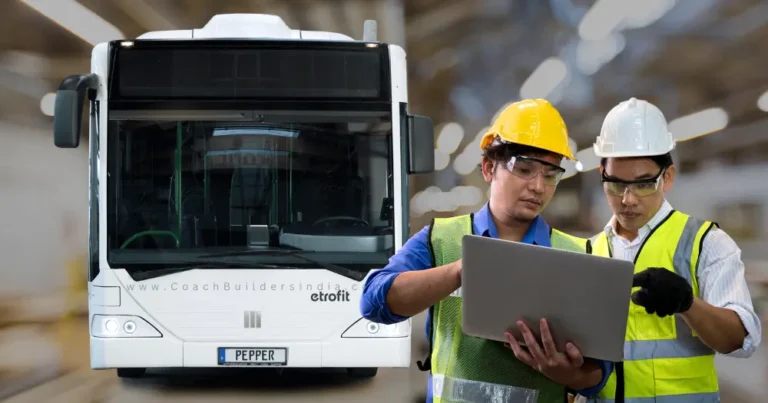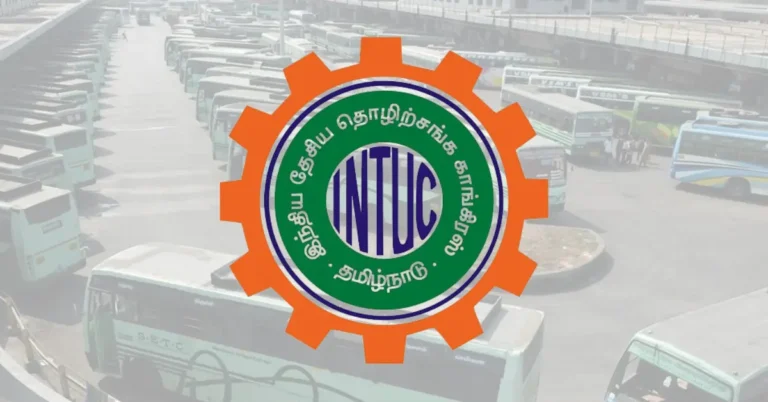Scania Biodiesel Pilot Launched in Côte d’Ivoire, West Africa
The primary goal of the Scania biodiesel pilot program is to curb emissions and boost local production of biofuels.

In an innovative collaboration, Scania West Africa, TotalEnergies Marketing Côte d’Ivoire, ANADER, and LA SIR have initiated a biodiesel pilot in Abidjan, the vibrant capital of Côte d’Ivoire.
This groundbreaking effort represents a pivotal move by Scania to partner with key stakeholders, including government agencies and energy corporations, to usher in a sustainable shift in public transportation.
The primary goal of the Scania biodiesel pilot is to significantly curb emissions from public transport while concurrently fostering job creation through the local production of biofuels.
Scania has strategically employed a systematic approach, collaborating with partners, authorities, and customers to expedite the transition to sustainable transport—a milestone echoed in the Abidjan project.
What is a Biodiesel Pilot?
A biodiesel pilot facility is a plant dedicated to manufacturing biodiesel, an eco-friendly and renewable fuel. This sustainable fuel is derived from sources such as vegetable oils, animal fats, and recycled cooking oil.
Notably, biodiesel boasts a minimal sulfur content, presenting a distinct advantage compared to conventional fossil fuels like diesel.
Advantages of Biodiesel Over Diesel
Because of its reduced sulfur content, biodiesel contributes to cleaner air and also enhances engine lubricity, potentially extending engine lifespan. Its biodegradability adds to environmental benefits, aligning with sustainability goals.
Sustainably produced biofuels derived from waste emerge as a paramount solution for promptly reducing emissions across public transport systems in African nations.
The application of biodiesel can slash carbon emissions by up to 80%, and even more when deployed as biogas. Recent studies underscore the indispensable role of biofuels in decarbonizing heavy-duty transport, both for existing fleets and new additions.
Scania Biodiesel Pilot Project was Conceived in 2017
The genesis of this initiative dates back to 2017 when Scania initiated a partnership with the Agence Nationale d’Appui au Développement Rural (ANADER), a public agency dedicated to rural development in Côte d’Ivoire.
The focus was on exploring opportunities to produce local biofuels, utilizing abundant resources such as cocoa, rubber, and various agricultural waste and animal manure prevalent in the country.
Fast forward to July 2022, ANADER, Scania, and TotalEnergies formalized an agreement to embark on a pilot project aimed at producing 3,500 liters of FAME biodiesel from rubber seeds.
This biodiesel underwent a comprehensive 30-day testing phase in a Scania bus operated by the local transport company, SOTRA, in Abidjan.
Over the preceding year, Scania has made substantial contributions to sustainable transport by delivering 400 biodiesel-compatible standard buses and 50 biogas-compatible articulated buses to SOTRA.
This aligns with Scania’s overarching Sustainable Transport Project in collaboration with the Côte d’Ivoire Ministry of Transport.
Scania Will Construct Bus Rapid Transit Corridor in Abidjan
Moving into the project’s second phase, Scania and its partners are set to commence the construction of a new bus depot and a Bus Rapid Transit corridor. This strategic development aims to offer Abidjan residents swift, reliable, and comfortable public transport services.
Nicolas Lougovoy underlined the potential positive impacts of combining Bus Rapid Transit with buses powered by locally produced biofuel, emphasizing the creation of local jobs, additional income, and a substantial reduction in carbon footprint and air pollution.
In conclusion, this innovative and sustainable solution, spearheaded by Scania and its partners, is poised to benefit both the residents of Abidjan and contribute to global environmental preservation.
The utilization of biofuels derived from waste materials underscores the project’s commitment to sustainable and eco-friendly practices in urban transportation, aligning with the broader goals of climate-friendly initiatives across Africa.
Catch the latest Bus Industry updates, Exclusive Interviews, Bus News, and International Bus News on Coach Builders India. Download the latest issue of the The Bus Insider magazine for more insights.







